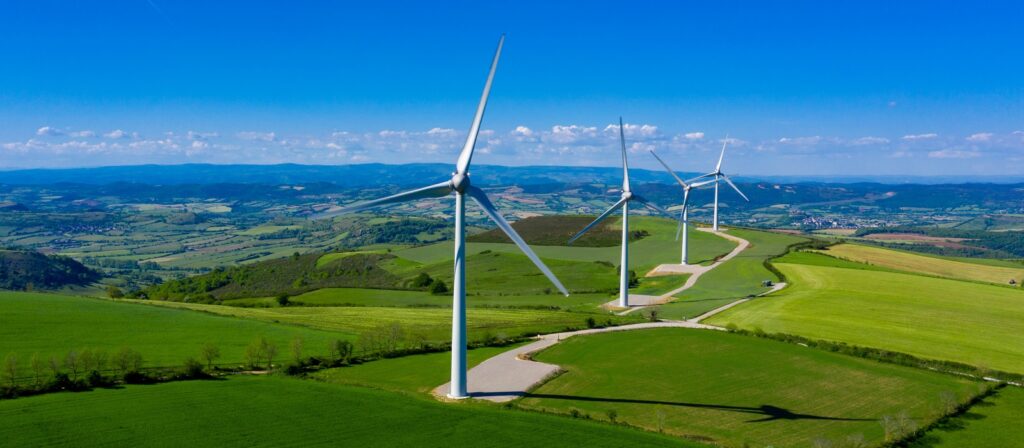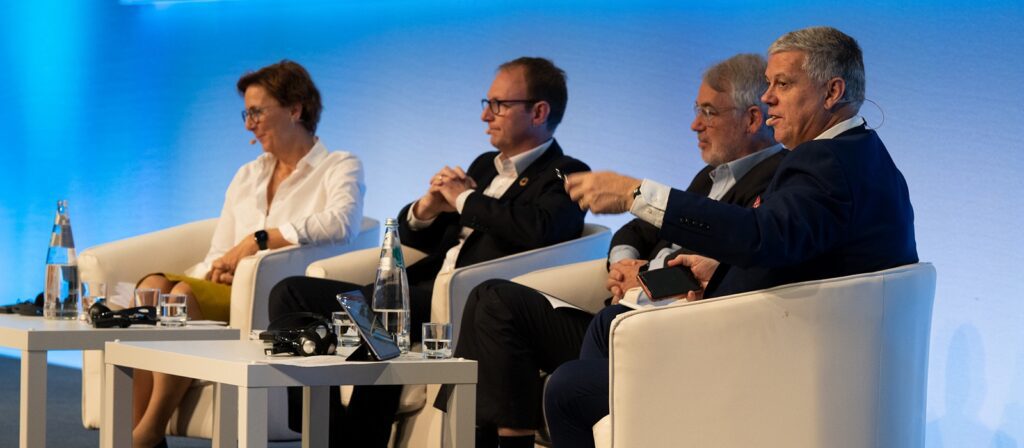In 2015, the world made a united commitment at COP21 to reduce the effects of climate change. Indeed, the Paris Climate Agreement has been a topic at many a board meeting since then and many organisation are moving this from a ‘discussion point on the agenda’ to a strategic imperative. Fortunately, ICMIF members are already far ahead of the broader insurance industry and practising their mutuality by prioritising the move to net-zero.
Originally posted in September 2021, but updated throughout 2022 and 2023, below are some examples of ICMIF members’ commitments and actions to move themselves towards becoming carbon neutral organisations. Members are declaring their targets and changing their investment portfolios and lending practices accordingly. It can be said that mutual and cooperative insurers have a vital and integral role to play in the road to net-zero – due to the control and influence on both sides of the balance sheet.
Beneva (Canada)
In April 2023, Beneva announced its goal of reaching net-zero emissions for its operations and its investments by 2040 and in all areas by 2050. This decision formalises its ambition to fight climate change and demonstrates its commitment to transitioning to a clean, sustainable and greener economy.
In particular, Beneva commits to:
- Reducing greenhouse gas emissions of its operations by 50% by 2030, using 2022 as its reference year;
- Reducing greenhouse gas emissions of its investments by 50% by 2030, using 2021 as its reference year;
- Setting short-term goals and periodically reviewing the targets for reaching net zero, in line with developments in science and greenhouse gas emission calculation protocols.
“We are concerned by the impact of climate change, which is a growing risk for the environment, humanity and the economy. The insurance industry must mobilize to ensure that generations to come can enjoy a promising and sustainable future” said Jean-François Chalifoux, President and CEO of Beneva.
In the wake of its announcement of a major partnership with SOCODEVI, Beneva will offset greenhouse gas emissions produced by its operations as measured in 2022. This offset is equal to 2,538 tonnes of CO2 and will be accomplished by planting 12,690 trees through SOCOCEVI’s Tree of Intercooperation program.
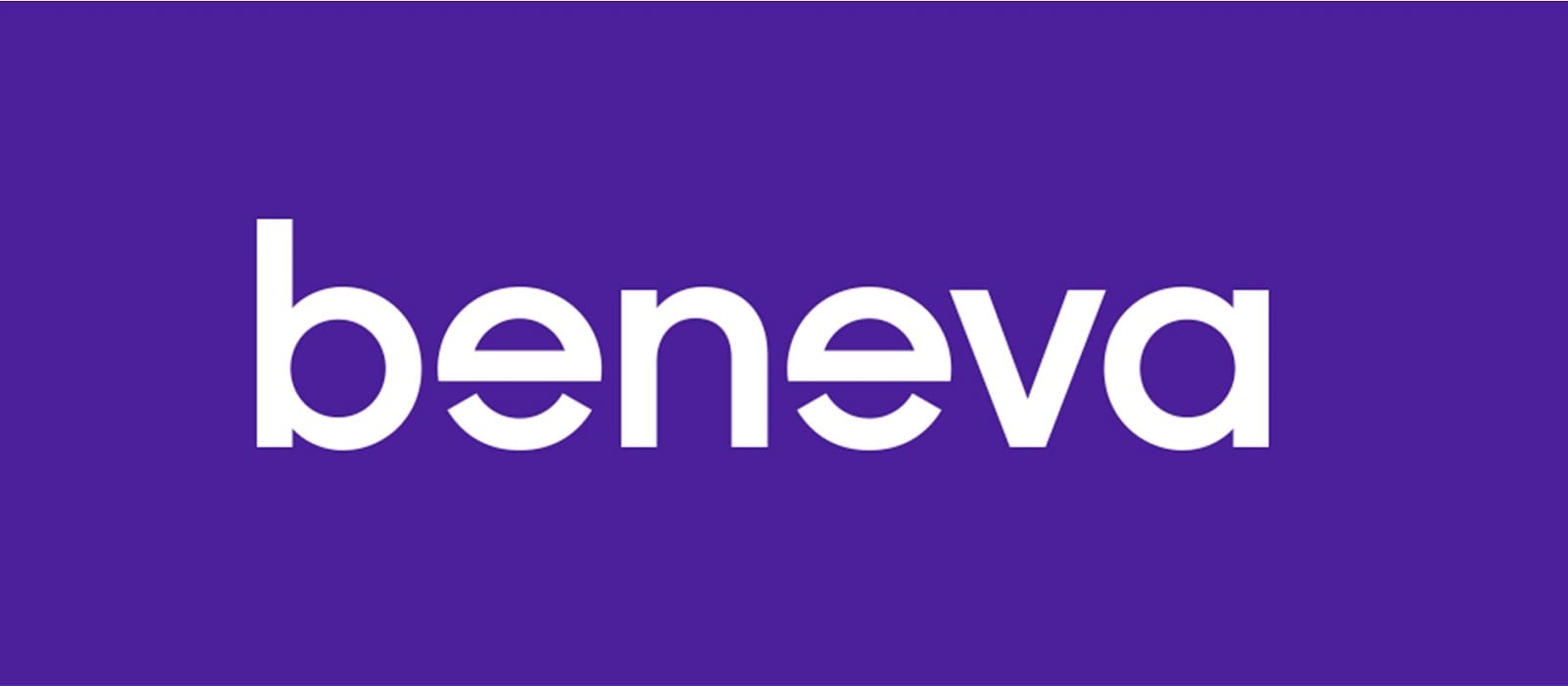
R+V Versicherung (Germany)
In April 2023, R+V announced that it had joined the UN-convened Net-Zero Asset Owner Alliance. R+V says its responsible actions towards the environment, employees, customers and society also include the responsibility to counteract climate change. With an investment volume of EUR 110 billion, the R+V Insurance Group has great leverage here.
R+V CEO Norbert Rollinger said: “By joining the Net-Zero Asset Owner Alliance, the leading initiative in this field, we are underlining our voluntary commitment to be climate-neutral in investment by 2050. Together with major insurers and pension funds, we are consistently committed to the development of a climate-neutral economy worldwide.”
As a cooperative insurer, R+V has attached particular importance to the topic of sustainability since it was founded 100 years ago. In terms of operational ecology including the consumption of electricity, water and paper, the insurer says it will be climate-neutral by 2025. In February 2022, it set itself the ambitious goal that its entire investment portfolio should be CO2-neutral (Net Zero) by 2050. R+V is also committed to sustainable products and services in the insurance business.
“We have a great responsibility, which we also take seriously. Since the beginning of 2020, we have been pursuing a strategy for integrating sustainability criteria into the investment process, the so-called ESG integration strategy. This means that we control our cash flows according to the criteria E (environment), S (social) and G (governance),” explains CFO Marc Michallet, who is also the chairman of the R+V Sustainability Commission. “The new climate target will be a central part of this strategy.”
The roadmap to climate neutrality in 2050 is in place for R+V. The first interim goal is that by 2025, R+V wants to reduce the measured CO2 intensity in the asset classes equities and corporate bonds by 20 percent. “In these asset classes, we are invested in companies that currently account for around 95 percent of our calculated CO2 intensity,” explains Michallet. “We will then successively include additional asset classes and set further quantitative CO2 reduction targets in 5-year steps.”

Aéma Groupe (France)
In October 2022, Aéma Groupe announced that it has officially joined the UN-convened Net-Zero Asset Owner Alliance (NZAOA); the Finance for Biodiversity Pledge (FFBP) initiative; and the Principles for Responsible Investment (PRI). These new commitments will help the Aéma Groupe reinforce its climate strategy through these strong and ambitious environmental commitments and the mutual says it will continue to embed actions across the group to support these transitions.
By signing up to these commitments, Aéma Groupe is taking a new step in its responsible investment policy and is advancing its strategy of carbon neutrality by 2050.
These three memberships cover the main levers to act concretely and collectively in favour of fair and sustainable transitions:
- Joining the Net-Zero Asset Owner Alliance (the 8th ICMIF member to join), to pursue the group’s commitment as a responsible investor and as part of its commitment to defining a strategy to achieve carbon neutrality by 2050.
- Aéma Groupe has adopted a binding and accountable methodology to protect and restore biodiversity and a strong commitment to ensure a robust, readable and verifiable biodiversity policy in its investments.
- Aéma Groupe says adherence to the PRI is an illustration of its desire for transparency in order to make the integration of ESG issues in the decision-making processes relating to its investments visible. Thus, Aéma Groupe commits to: be an active shareholder integrating ESG issues in its shareholding policies; seek dialogue on ESG issues with the entities in which Aéma invests and promote the PRI to them.
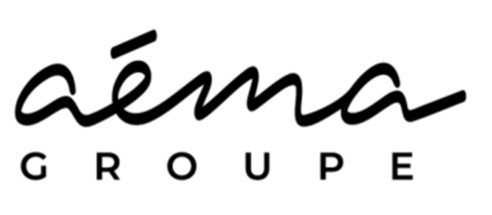
Simplyhealth (UK)
In July 2022, Simplyhealth, a leading UK health and dental plan provider, announced that it was the first health insurer to be awarded B Corp status. This is recognition of its significant achievements in sustainability, in addition to ambitious future environmental and social responsibility goals; including the goal of reaching net zero by 2030, working with Carbon Footprint Ltd to achieve Carbon Neutral + status.
To qualify as a certified B Corporation, companies must achieve a minimum verified score of 80 points on the ‘B Impact Assessment’ which measures impact on workers, suppliers, community, and the environment. Simplyhealth achieved 91.9 points.
Simplyhealth is increasing the company’s recycling rate to 76%, with remaining waste incinerated for energy recovery. It has also formed a dedicated Sustainability Committee – focussed on achieving sustainability across all levels of the business and accountable for the delivery of the company’s wider sustainability plan.
In addition, the company has rolled out an ‘All Together Healthier’ programme, which has initiated electric car charging points and improved bike sheds to encourage employees to travel sustainably. Plus, LED lighting, waterless urinals, tiles made from 100% green energy and fully circular recycled materials have been installed across all Simplyhealth offices. The company also upcycles, recycles, or donates used work surfaces, office furniture and computers, to support the local community.
Dr Sneh Khemka, Chief Executive Officer at Simplyhealth said: ““We are incredibly proud to have achieved a high score in our B Impact Assessment which measured our impact on workers, suppliers, community and the environment – but we are not done. We will continue to challenge ourselves to do more for the planet, including building towards Carbon Neutral + status – with the goal of reaching net zero by 2030.”

Unipol Group (Italy)
In May 2022, Unipol Group (Italy) announced that it has joined the United Nations-convened Net-Zero Asset Owner Alliance.
“Following the signature of the Principles for Responsible Investment in 2017, joining the Net Zero Asset Owner Alliance represents a further step for the Unipol Group in integrating environmental, social and governance factors in its investment decisions and in emphasising the social role of insurance and in its potential to contribute to sustainable development and to reach the objectives of the Paris Agreement.” said Matteo Laterza, Managing Director, Unipol Group.
The Unipol Group has long taken a systematic approach to steer investment of its financial assets towards ESG criteria of responsibility and protection. At the end of 2021, assets subject to monitoring in accordance with ESG criteria amounted to EUR 51.9 billion (83% of the total assets under management).
Joining the Net-Zero Asset Owners Alliance was announced alongside a number of other sustainability targets and ESG commitments that form part of Unipol Group’s new 2022-2024 strategic plan “Opening New Ways”. By 2024, Unipol targets to have:
- 30% of products with environmental and social value;
- EUR 1.3bn investments in Sustainable Development Goals (SDGs);
- Reputation score higher than average in the insurance sector (according to RepTrak® methodology);
- 20% of the Unipol management incentive system linked to ESG targets.
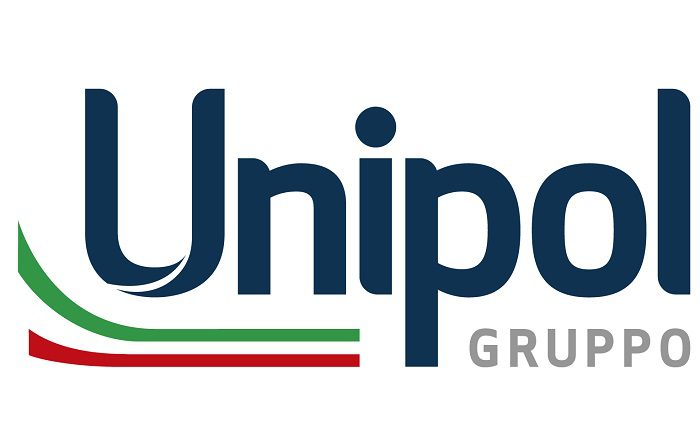
Ecclesiastical / Benefact Group (UK)
Benefact Group, the parent company of Ecclesiastical Insurance (UK), set out its net zero ambitions in 2021 to: achieve net zero for direct impact by 2023; eliminate historic emissions by 2030; and net zero for the Group by 2040. The Group recognises that these ambitions are long-term, challenging and will stimulate accelerated climate action.
As a resposible business, sustainability isn’t an issue new to Ecclesiastical. Its climate commitments are built on their framework, in line with the recommendations of the Task Force on Climate-related Financial Disclosures (TFCD). Through its award-wining investment firm EdenTree, it pioneered ethical investment over 30 years ago and the Group's responsible and sustainable investment strategy remains industry leading. It not only avoids investment in businesses that cause social harm, but also proactively seeks to invest in markets that have positive impacts.
Ecclesiastical also believes it has a huge opportunity to help customers and communities to decarbonise, so it is developing products and services which support them on their journey. This includes insurance cover for woodlands and renewable energies; and the use of cutting-edge sensor technologies in properties to help reduce energy usage, monitor environmental changes and act as an early warning system for climate-related incidents. It also continues to support charities and community projects tackling environmental issues through grants and various platforms for giving.
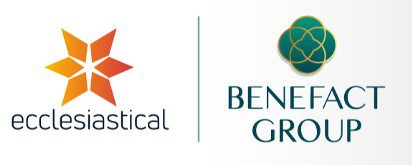
NFU Mutual (UK)
UK-based rural insurer NFU Mutual announced a Net Zero Roadmap which sets out a long-term plan to achieve net zero operations by 2050. Acknowledging the need for action on climate change, NFU Mutual has developed a strategy, that takes into account science-based guidance and methodologies, to set credible targets.
Ambitions are currently focussed on emissions from NFU Mutual’s own operations and those arising from investment portfolios. Targets include a 25% reduction in the business’s own emissions by 2025 and a 50% reduction by 2030. To support this, NFU Mutual is aiming to maintain 100% renewable electricity purchase for occupied premises. For its investments, the insurer has set a target to deliver 50% emissions reduction in their equity and corporate bond portfolio by 2030.
To help set NFU Mutual on their path to net zero, the insurer is already undertaking a series of initiatives across the business which will help reduce its carbon emissions, including energy efficiency initiatives, improvements to the sustainability of their motor claims experience, investment in green solutions and support for customers’ renewable energy ventures.
Nick Turner, Group Chief Executive of NFU Mutual, said: “Tackling climate change is a shared global responsibility and we all have a part to play. As a UK based insurer with rural communities at its heart, NFU Mutual is both responding to the insurance needs of our members and actively reducing our own environmental impact to help drive the transition to a low carbon economy.”

HUK-Coburg (Germany)
HUK-COBURG says it has always stood for sustainable customer management thanks to its mutual business model. At the end of 2021, the company announced that it now aims to supplement its image as a sustainability-focused organisation, with an internal ESG strategy and HUK Coburg has already implemented some of the first essential measures as part of this strategy. This includes joining the international investor networks the Principles of Responsible Investment (PRI) and the UN-convened Net-Zero Asset Owner Alliance (NZAOA). In addition, the company aims to make its business processes climate-neutral from 2021 onwards until 2030 without the use of eco-certification.
“Whether members participate in surpluses that are not needed; choose repair measures instead of scrapping in claims processing [for example for vehicles]; or our principle of traditionally being lower-priced and striving for long-term customer relationships – we have always been guided by sustainability-focused considerations throughout the history of the company”, says Klaus-Jürgen Heitmann, Chairman of the Board of HUK-COBURG.
HUK-COBURG has already taken many steps towards greater sustainability. Since 2013, the company has increased its climate efficiency by using electricity from renewable energy sources. In addition, there were resource-efficient combined heat and power plants that were put into operation in 2006, 2008 and 2016.
In the insurance business, HUK-COBURG has added an ecological component, the Eco Drive, to the already sustainable telematics tariff on the product side. For 2022, HUK-COBURG says it is planning further sustainable initiatives, such as a realignment of its travel policy and the conversion of its vehicle fleet to gradually (partially) electric drive as well as developing its website for more transparency around the company’s sustainability efforts.

MAIF (France)
After adopting a proactive climate strategy for its investments in 2020, including a total exit from coal by 2030, in October 2021 MAIF extended its exclusion strategy to non-conventional fossil fuels and oil. The French mutual also joined the UN-convened Net Zero Asset Owner Alliance, in order to contribute to achieving the climate objectives set by the Paris Agreement. This strong ambition positions MAIF as one of the most committed financial players in the decarbonisation of their investment portfolios.
“Through its investment activities, the MAIF Group has a decisive capacity for action in financing the transition to a more sustainable economy. As an actor of the common good, we are taking the historic decision, with full responsibility, to no longer finance these energies whose exploitation is destructive to nature and human beings and to focus our investments on more sustainable activities and models” said Dominique Mahé, Chairman of the MAIF Group, and Pascal Demurger, CEO of the MAIF Group.
This strategy is based on 3 pillars:
1. An immediate halt to the financing of new oil and gas production projects: absolute exclusion of companies developing new oil and gas exploration or production projects; commitment to asset management companies to stop financing new fossil fuel projects (oil and gas).
2. Complete exit from unconventional oil and gas by 2030: exclusion of non-conventional fossil fuel producers beyond a threshold of 5% of their production; commitment to asset management companies to adopt an exit strategy from unconventional fossil fuels by 2030.
3. Complete exit from conventional oil by 2040: exclusion of oil companies (including oil-based power generation) above a threshold of 5% of turnover; commitment to management companies to adopt an oil exit strategy by 2040.
In October 2022, MAIF ratified new investment targets for 2025 as part of its climate strategy and goal to be carbon neutral by 2050. This included three priority objectives between now and 2025: to reduce the carbon footprint of its investments; to finance the green energy and ecological transition; and to mobilise its stakeholders around the climate objectives of the Paris Agreement.
In January 2023, MAIF announced that from now on, it would allocate 10% of its annual profits (an estimated EUR 10 million for the year 2022) to climate solidarity and biodiversity regeneration projects. This ecological dividend reflects MAIF’s desire to reinvent the sharing of value within the company in order to finance effective and supportive ecological actions which are in line with the insurance business.
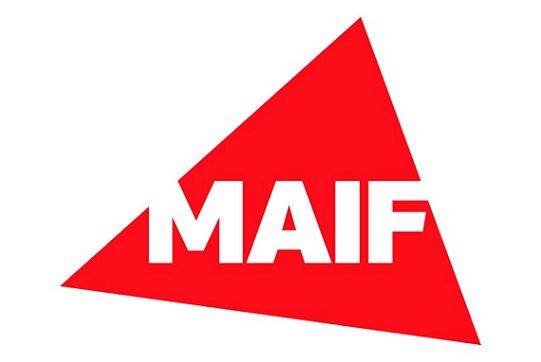
African Risk Capacity (South Africa)
In September 2021, African Risk Capacity (ARC) Limited became the first African company to join the UN-convened Net-Zero Asset Owner Alliance.
ARC Limited committed itself to adopting a holistic approach to managing sustainability considerations, such as climate change, and to advocate for corporate and industry action aimed at a low-carbon transition of economic sectors.
ARC Limited CEO Lesley Ndlovu says the organisation takes its role in supporting the transition to a net-zero economy very seriously. “Having recently achieved the global insurance industry’s top overall environmental, social and governance (ESG) score, as evaluated by Sustainalytics, joining the Net-Zero Asset Owner Alliance was an obvious next step for us. We are proud to be the first African company to join the alliance in its efforts to accelerate the transition of the financial sector and the global economy to net-zero emissions,” says Ndlovu.
“In the run-up to COP26, we recognise the role that the insurance industry plays to sound a strategic warning about the very real impacts of climate change. Africa is particularly vulnerable to these as the continent that bears the brunt of drought, flooding, cyclones and other climate change-led weather events, even though it has actually had very little impact on carbon emission,” says Ndlovu.

LB Forsikring (Denmark)
LB Forsikring announced in June 2021 that the DKK 8 billion (USD 1.2 billion) that it has invested must, in future, be invested with even greater consideration for the climate, so that the member-owned insurance company, through its investments, does its part to limit the world’s CO2 emissions. This is the heart of the new climate strategy that LB Forsikring announced.
“For a long time, our investments have been moving in a more climate-conscious direction, and now we are stepping up the pace. We will invest future-proof and live up to a global temperature rise of a maximum of 1.5 degrees in 2030. It is our way not just to back the Paris agreement, but to say we want to go to Paris,” said Jan Kamp Justesen, CFO at LB Forsikring.
The four ambitions that will help the mutual to reach this goal are: 20% sustainable and impact investments in 2030; 40% ESG investment in 2030; phase out fossil investments in 2030; and a 40% reduction in CO2 footprint by 2030.
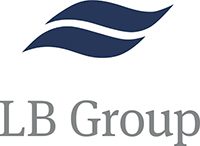
Länsförsäkringar (Sweden)
Länsförsäkringar has been pursuing a climate-smart vision since 2019, with the long-term aim of managing climate risks and adapting investments to the climate targets of The Paris Agreement.
Since adopting a climate-smart vision, Länsförsäkringar’s own funds and investment portfolios must be in line with the Paris Agreement and have an emission level that contributes to limiting global warming to 1.5˚C by 2030.
In November 2021, it announced that it has adopted a new climate goal: that its own investment portfolios and funds must be climate-positive by 2045.
Fredrik Bergström, CEO of Länsförsäkringar AB says: “The goal means that we have further developed our climate-smart vision and that we are involved in financing the change for the climate that Sweden, the EU and the world need to do to achieve net-zero emissions globally by 2050 through our investments. We are now continuing our work to achieve the new climate goal in order to contribute to society’s solution to the climate crisis.”
Länsförsäkringar also announced that its investments in green, social and thematic (“sustainability-oriented”) bonds on behalf of its customers reached more than SEK 20 billion (USD 2.2 billion) in the third quarter of 2021. Since the beginning of 2018, the insurer says that investments have increased tenfold and now correspond to more than 16% of the assets under management in the institutional life and insurance portfolios.

Achmea (Netherlands)
Achmea is working towards climate-neutral business operations by 2030 and part of the cooperative insurer’s efforts will be making its office buildings energy-neutral. To underline this ambition, Achmea has signed the Dutch Green Building Council’s Paris Proof Commitment. With this commitment, Achmea will ensure that all existing and new buildings in its own use (own real estate) will be Paris Proof (ie a building that meets the Paris climate targets) by 2040.
In January 2022, Achmea also announced in that from 2023 all 12,000 of its employees will receive a one-time net climate budget of €2,500. This sum can be spent on products and services that contribute to sustainability and so to improving the climate.
In December 2022, Achmea published its "Climate Transition Plan". Based on the company's vision 'Sustainable living, together', Achmea wants to create sustainable value for its customers, employees, the company and society. This also means that it takes responsibility to contribute to the transition to a sustainable economy and the realisation of the global climate goals.
Bianca Tetteroo, Chair of the Executive Board of Achmea, said “Climate change is an important theme in our strategy. Achmea has ambitious climate targets. This means that we not only look at our own footprint, but also encourage customers and employees to become greener. By including a climate budget in our employment conditions, we are shaping our climate ambitions in a contemporary way.”
As a company, insurer, investor and financier, Achmea has set the bar high for itself through the following targets.
A climate-neutral:
- business operations by 2030;
- real estate portfolio and mortgage portfolio in 2050;
- investment portfolio in 2040 (equities and corporate bonds);
- investment portfolio by 2050 (other relevant asset classes);
- and insurance portfolio by 2050 at the latest.
Achmea's Climate Transition Plan describes the actions Achmea is taking to achieve these goals. In November 2023, it provided an update on its Climate Transition Plan, setting interim targets for the first time to reduce CO2 emissions through its insurance policies.

Royal London (UK)
Royal London announced its commitments in June 2021, which it says will help protect customers’ standard of living and not just focus on product outcomes. It has committed to achieve net-zero across its investment portfolio by 2050; reduce its carbon equivalent emissions from the investment portfolio by 50% by 2030, while also developing climate solutions that enable customers to invest in the low-carbon transition; and net-zero direct operational emissions by 2030.
Barry O’Dwyer, Group Chief Executive said: “We all want to spend our lives in a climate where our homes aren’t put at risk by extreme weather events and we have access to sustainable sources of food. So, customers’ money must be invested responsibly in a way that supports the changes needed to protect the planet.
“This is not the time to be passive. The biggest way Royal London can make a difference in the fight against climate change is through an active investment approach. We are engaging with the largest carbon emitters in our investment portfolio to influence their behaviours and to ensure they have ‘Just Transition’ plans in place that consider the impact the changes will have on society.”
In November 2021, as part of its climate change commitments and net zero targets, Royal London announced the roll out of Pawprint for Business - an insights platform that helps businesses to unite, engage and support their employees in tackling climate change at work, at home and beyond. The platform delivers employee sentiment and carbon data analysis enabling Royal London to fully understand and support employee efforts as well as shaping the corporate sustainability strategy, aligning employee sentiment and business goals.
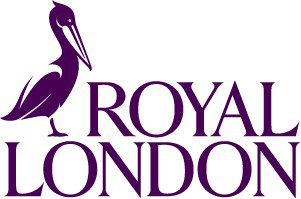
Desjardins (Canada)
In April 2021, Desjardins Group (Canada) announced an ambitious action plan to achieve net-zero emissions by 2040 in its extended operations and in its lending activities and own investments in three key carbon-intensive sectors: energy, transportation and real estate.
In response to growing expectations among members and clients for climate action, the plan builds on concrete measures in place since 2017 and reflects the organisation’s willingness to speed up its climate action and adaptation initiatives and play a leadership role in this area.
“Climate change has undeniable environmental, social and economic impacts. We know that our actions will shape the future of the planet for our children and that’s why we need to step up our efforts to support a just energy transition and lead the way to a low-carbon economy,” said Guy Cormier, President and CEO of Desjardins Group.

The Co-operators (Canada)
In June 2021, The Co-operators announced targets to be net-zero in both its operations and its investments by 2040 and 2050 respectively.
In addition, by 2030, it will invest 60% of its invested assets into impact investments or those that support the transition to a sustainable, resilient, low-emissions society. The Co-operators currently invests 20.8% (CAD 2.45 billion) of its total portfolio into impact investments that measurably address the world’s pressing environmental and social issues.
The company is also the first Canadian insurer and second Canadian organisation to officially sign up to the UN-convened Net-Zero Asset Owner Alliance.
“There is no question that collectively, we must significantly reduce our emissions to mitigate the increasing risks and impacts of our changing climate,” says Rob Wesseling, President & CEO of The Co-operators, “As a purpose-driven organisation, The Co-operators has historically embraced our role to embed sustainability into all our investment and operational decisions. Today, our climate targets further reflect our intention to use our financial and cooperative strength to lead positive change toward a net-zero emissions future.”
Further to its 2018 Climate Commitment and moving beyond the achievement of 100% carbon neutral equivalency in 2020, The Co-operators has mapped a journey to net-zero.
Its targets, in terms of operations, is to reduce emissions of operations by 45% by 2030; and then to have net-zero emissions from operations by 2040. For investments, the target is to reduce the emissions of investments by 20% (public equities and publicly-traded corporate bond portfolios); and then to have a net-zero investment portfolio by 2050. New interim targets will be set every four years, and The Co-operators says it will disclose progress towards investment goals at least annually.

Folksam (Sweden)
In Sweden, Folksam published new climate targets for 2025 in April 2021 for its investment portfolios, where the climate footprint from equities, corporate bonds and real estate will be reduced by 29%. The emissions target will primarily be achieved by engaging with current holdings and influencing companies to reduce their emissions. In addition, the Folksam Group is adopting new goals to promote the availability of green investments.
Folksam is one of seven founding members of the UN-Convened Net Zero Asset Owner Alliance, which was founded at the United Nations Climate Summit in New York in 2019. Members of the Alliance have committed to ensure their investment portfolios show net-zero greenhouse gas emissions by 2050.
“We are committed to climate change so that our customers feel safe in a sustainable world. Our goal of net-zero emissions by 2050 is ambitious, but it is not enough. It must be broken down into equally ambitious interim targets, linked to credible plans and followed up on a regular basis,” said Ylva Wessén, Folksam’s President and CEO. “With our customers’ SEK 500 billion behind us, we look forward to working towards our new interim targets, and thus continue our long-term work of contributing to a restructuring of the investment portfolios in line with the goals in the Paris Agreement.”
The Folksam Group’s new climate goals for 2025 and the overall work within the Net-Zero Alliance include a stated ambition to reduce greenhouse gas emissions in the real economy. To achieve this, Folksam plans to try to influence the companies it owns to take greater responsibility in climate change. By 2025, the goal is for at least 50 percent of the 86 largest emitters in the Folksam Group’s investment portfolios to have adopted scientifically based climate targets.

Read the updates above and take inspiration. Get in touch if you would like to add your organisation’s commitments to this page.
If you would like to learn more about ICMIF members’ work in this area or participate in a newly-formed network of responsible investment and sustainability leaders, please email Liam Carter.
